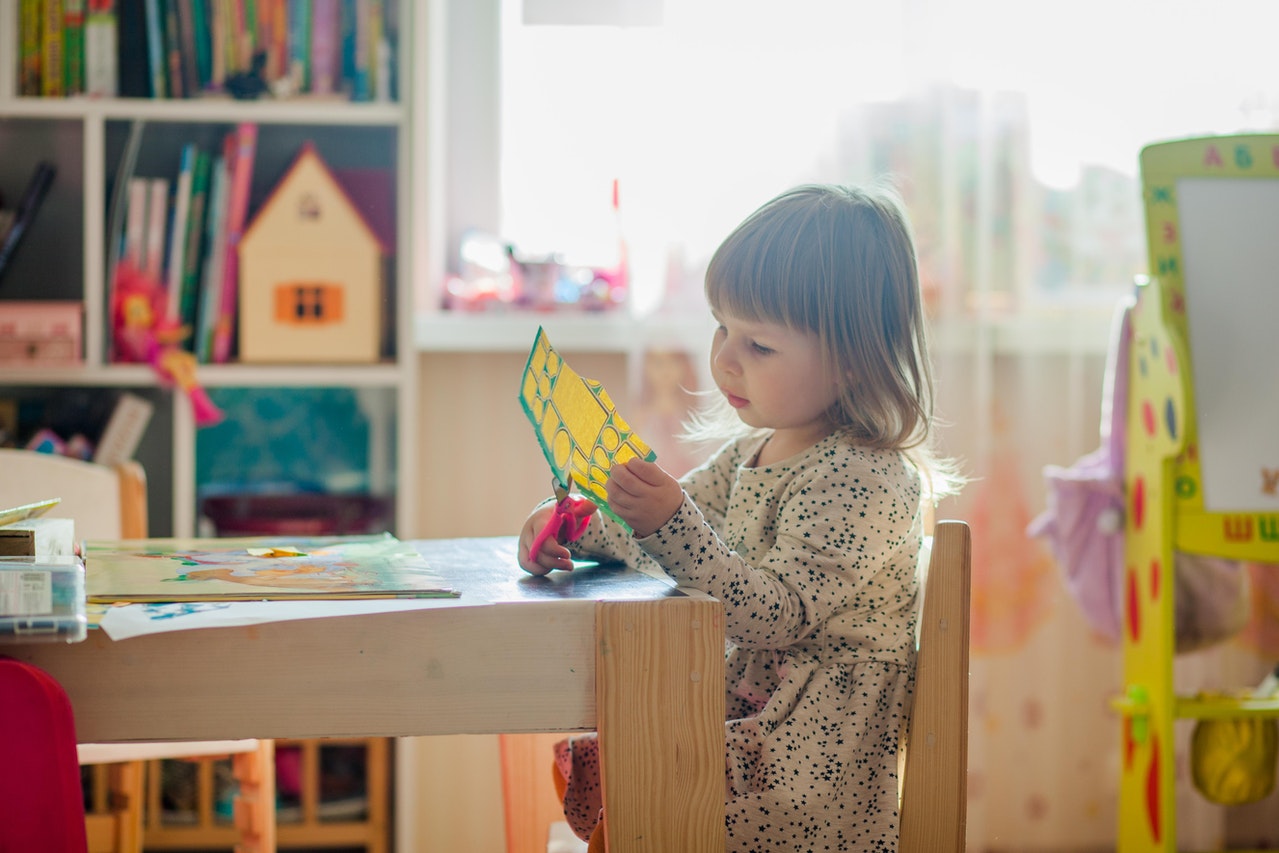After school programs are designed to inspire your child, let them stretch their wings, and show them the various pathways they can take. Improving after school programs will help your child to discover talents they may not have found otherwise. It’s important that you find the right program for your child because this could make a big difference in their lives.
Help them practice social skills
You might be surprised at how many benefits there are to letting your child participate in an after-school program. Not only can it keep him or her safe while you’re still at work, but it can boost confidence, help with academic performance and more. And, yes, it can even help kids learn and practice social skills. Here are a few ways an after-school program can help:
Role models: Your child will have plenty of opportunities to see positive role models—both adult and peer—in his or her after-school program. These role models can show your child how to behave in social situations and solve problems.
Feedback: When children participate in after-school programs, they get feedback from their teachers and other adults on their social skills. This feedback helps them know what they’re doing well and where they need to make improvements.
Practice: After-school programs give kids the opportunity to practice social skills like taking turns, sharing and interacting with others—skills that may not always be taught in the classroom.
Initiate creative play
After school programs are a great way to get your children involved in creative play. They improve the skills of the child and also make them more confident. You can enroll your child in programs like painting, arts, crafts, music or even dance. These after school programs will make them creative as well as give them a chance to interact with other kids.
Facilitate learning through play
One of the most basic and important ways children learn is through play. As children are put into situations that require them to solve problems and interact with each other, they learn about both themselves and the world around them. Play is essential for facilitating learning in children; it’s a way for kids to explore, develop new skills and interact with others—all while having fun.
There are many different types of play, each of which can be used to help children develop:
* Pretend play allows kids to act out different scenarios, such as playing house or pretending to be a fireman. This kind of play helps children develop language skills and practice using their imaginations.
* Physical activity, such as running or dancing, helps children burn off excess energy while developing gross motor skills. Getting active can also help kids make friends and build self-confidence.
* Playing games with rules encourages kids to follow directions while building social skills and learning how to compete fairly. Games can help kids make decisions on their own without parental supervision.
* Solitary play lets children engage in their own activities without adult supervision or interaction with other kids. Solitary play helps encourage independence and decision-making capabilities; it also gives children a chance to think about their own interests without influence from others.
Kids learn life skills through after school programs
Overall, after-school programs are great opportunities for kids to learn skills that they otherwise might not get at school. Not only will they learn valuable life lessons, but they’ll also get the chance to make friends with other kids who share their interests. These programs help to provide children with a safe, fun environment where they can engage in either extracurricular activities or just socialize and hang out with their friends.

